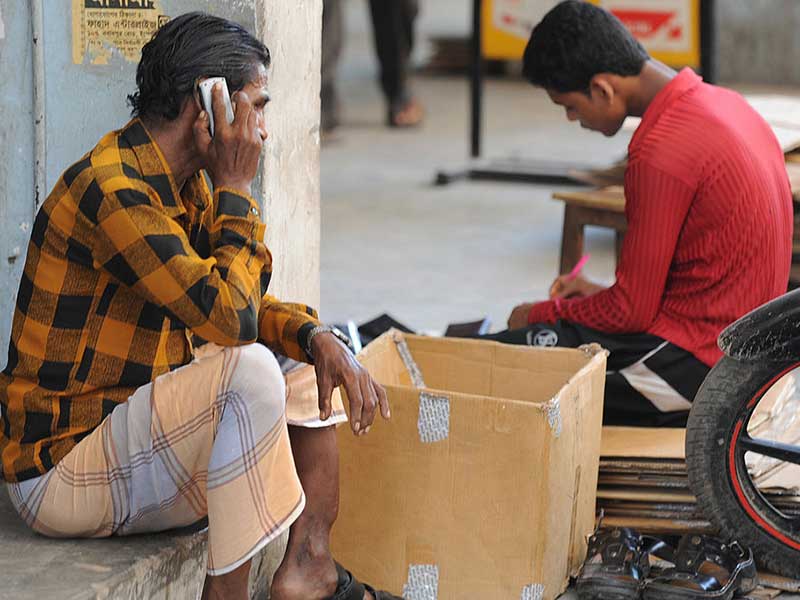
On May 8, Bangladesh’s top mobile operator Grameenphone appointed Michael Foley as CEO. Foley, currently head of sister company Telenor Bulgaria, will succeed interim CEO Petter-B Furberg on May 26.
Grameenphone and Telenor Bulgaria are both subsidiaries of global telecoms conglomerate Telenor Group, and Foley’s internal transfer has come as a result of his knowledge of the company’s corporate structure, marketing style and customers. Upon his appointment, Foley will be charged with pushing 4G coverage in Bangladesh, which presently lags behind in terms of mobile internet services.
“I am very pleased that Michael is taking on the challenge of leading Grameenphone through the next phases of digitisation in Bangladesh”, said Sigve Brekke, President and CEO of Telenor Group. “Grameenphone is on a strong trajectory and it will be Michael’s job to ensure continuity to the current direction together with all the employees in Bangladesh.”
While geographically distant, Bangladesh isn’t far behind Bulgaria in terms of its 4G infrastructure, and Telenor executives will be hoping Foley can replicate the success he’s had with Telenor Bulgaria. Foley successfully oversaw the company’s roll out of 4G services in Bulgaria, with Telenor now boasting coverage in excess of 80 percent despite only introducing the technology in December 2015.
Foley will be charged with pushing 4G coverage in Bangladesh following the successful roll out in Bulgaria
Unfortunately for Foley, Bangladesh may prove tougher to crack, as developments continue to be halted by persistent government quibbling regarding spectrum neutrality. Carriers like Telenor have long called for the introduction of new measures to reduce the government’s role in deciding how companies can use the LTE spectrum they own.
In mid-2016, then-Grameenphone CEO Rajeev Sethi announced Telenor was ready to start providing 4G, only for the roll out to be held back by a lack of neutrality. Then, in April, Finance Minister Abul Maal Abdul Muhith dulled prior promises to introduce new measures imminently, instead delaying the introduction until some time after the announcement of the annual budget.
To overcome this hurdle, Grameenphone’s new CEO may have to call on his decades of marketing experience. According to Telenor, Foley has “more than 30 years of sales, marketing and operational experience in the telecom, retail and gaming sectors from both advanced and growth markets”.
If he can use these skills to convince Bangladeshi consumers that 4G will be a significant step up from the well-established 3G systems, he could pile popular pressure on the government to speed up the introduction of spectrum neutrality.

